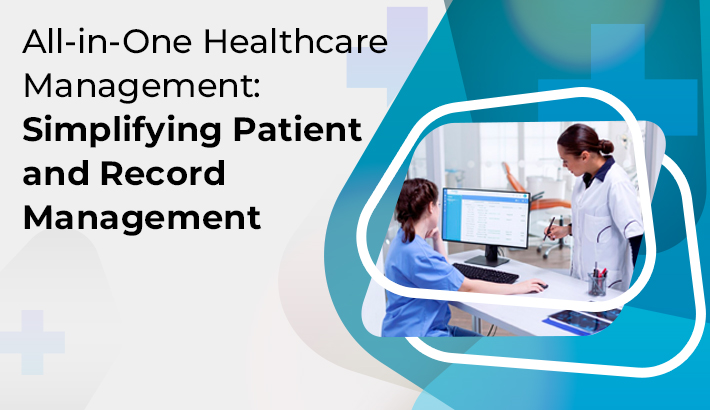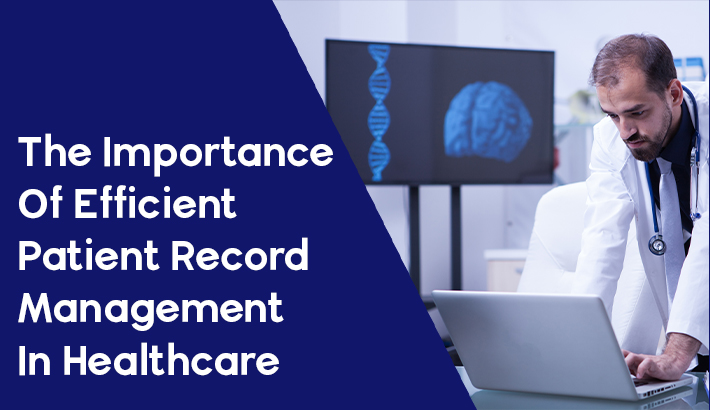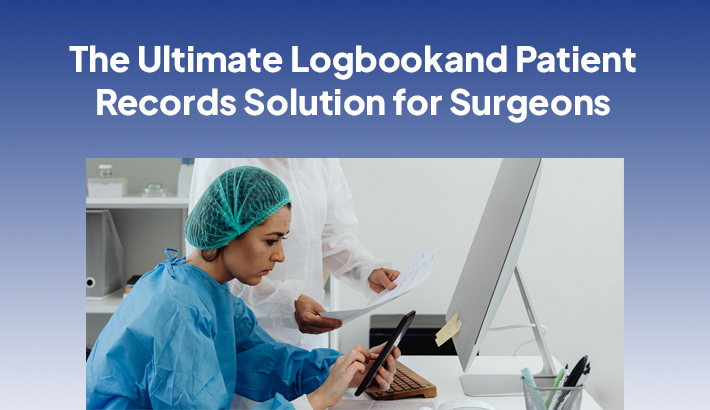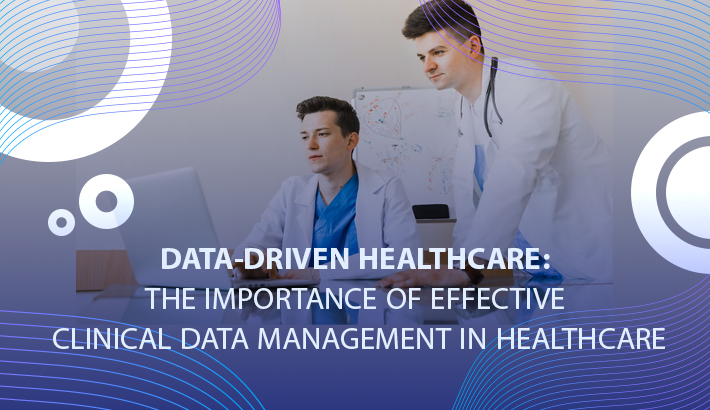In today's dynamic healthcare environment, the demand for efficient and well-organized patient and record management has never been more critical. Healthcare practitioners and institutions are embracing all-in-one healthcare management systems as a means to streamline and enhance their daily operations. This article delves into the significant influence of comprehensive healthcare management on patient well-being, record maintenance, and overall operational effectiveness.
The Importance of Healthcare Management
Healthcare management is of paramount importance in the healthcare sector. It encompasses the efficient organization and coordination of various elements within the healthcare system to ensure the delivery of high-quality patient care. At its core, healthcare management involves overseeing patient data, appointments, billing, and more, all while maintaining a patient-centric approach.
Effective healthcare management streamlines processes, reducing errors and enhancing overall efficiency. With the centralization of patient information and the adoption of electronic health records, healthcare providers gain quick access to vital patient data, leading to improved diagnoses and treatment plans. Moreover, it leads to cost savings by minimizing administrative overhead and redirects financial resources toward enhancing patient care and facilities.
In an era where data security is a critical concern, healthcare management systems also prioritize safeguarding patient information, ensuring privacy and compliance with regulations. Ultimately, healthcare management plays a pivotal role in providing comprehensive and efficient healthcare services to the benefit of both patients and healthcare organizations.
Streamlining Patient Information
Centralizing patient information is a cornerstone of all-in-one healthcare management. It involves the process of centralizing and organizing patient-related data, ensuring that it is easily accessible to healthcare providers and staff when needed. This streamlined approach minimizes the risk of data silos and greatly improves the efficiency and quality of patient care.
By consolidating patient information, healthcare professionals can quickly access medical histories, treatment plans, and billing records from a single, user-friendly platform. This not only saves time but also enhances the accuracy of diagnoses and treatment, ultimately leading to better patient outcomes.
Furthermore, streamlined patient information is a cornerstone of electronic health records (EHRs), which are becoming increasingly integral to healthcare operations. EHRs provide real-time access to patient data, enabling healthcare providers to make informed decisions promptly. In essence, streamlining patient information is a fundamental step towards delivering high-quality, patient-centered care.
Electronic Health Records (EHR)
Electronic Health Records (EHR) are digital repositories of a patient's medical history and healthcare information. These records are designed to streamline and centralize patient data, making it readily accessible to healthcare providers. EHRs replace traditional paper records, offering a secure and organized way to store and manage patient information.
In an EHR, healthcare professionals can access a patient's medical history, test results, treatment plans, and more with just a few clicks. This quick and convenient access aids in making informed decisions about patient care, leading to improved diagnoses and treatment outcomes.
EHRs also enhance data security by implementing robust safeguards against unauthorized access and data breaches. This ensures that patient information remains confidential and protected.
Overall, EHRs play a vital role in modern healthcare, promoting efficiency, accuracy, and patient-centric care while leaving behind the limitations of paper-based record-keeping systems.
Benefits of All-in-One Healthcare Management
1 Enhancing Patient Care: All-in-one healthcare management systems enhance patient care by ensuring that healthcare professionals have access to up-to-date and accurate patient information. This leads to better diagnoses and treatment plans, ultimately improving patient outcomes.
2. Efficient Workflow: With streamlined processes and the automation of routine tasks, healthcare providers can operate more efficiently. This not only saves time but also reduces the risk of errors in patient care and billing.
3. Cost Savings: By reducing administrative overhead and minimizing errors, all-in-one healthcare management systems lead to significant cost savings for healthcare organizations. These financial resources can be redirected towards patient care and improvement of facilities.
4 Data Security: Patient data security is a paramount concern in healthcare. All-in-one healthcare management solutions often come equipped with robust security measures to safeguard patient information from unauthorized access and breaches.
5. Compatibility and Integration: Comprehensive healthcare management systems are designed to seamlessly integrate with other healthcare applications, making it easier to adapt to changing technological landscapes and ensuring compatibility with various devices and software.
Challenges in Implementing Healthcare Management
Implementing healthcare management systems, while highly beneficial, comes with its share of challenges. These hurdles are crucial to address for a successful transition.
One significant challenge is staff training and buy-in. Convincing healthcare professionals to adapt to new systems and workflows can be met with resistance. It's essential to provide comprehensive training and demonstrate the advantages to ensure a smooth transition.
Data migration is another obstacle. Moving existing patient records and information into a new system is a complex and time-consuming process that requires meticulous planning to prevent data loss or errors.
Furthermore, healthcare management systems must adhere to various legal and compliance standards, which can be a daunting task. Ensuring that the system meets all necessary regulations is essential to avoid potential penalties and legal complications.
Overcoming these challenges demands careful planning, effective communication, and a commitment to ensuring that the benefits of healthcare management outweigh the initial difficulties.
Conclusion
All-in-one healthcare management systems have transformed the way healthcare is delivered. By centralizing patient information, optimizing workflows, and enhancing security, they simplify patient and record management. However, their successful implementation requires overcoming training, data migration, and legal challenges. In the end, these systems are indispensable in providing efficient, high-quality healthcare.
FAQs
Q1. What is all-in-one healthcare management?
All-in-one healthcare management is a comprehensive solution that centralizes patient information, streamlines processes, and enhances data security in healthcare organizations.
Q2. How do all-in-one healthcare management systems benefit patient care?
These systems improve patient care by providing healthcare professionals with up-to-date patient information, leading to better diagnoses and treatment plans.
Q3. Are there challenges in implementing healthcare management?
Yes, challenges include training and staff buy-in, data migration, and compliance with legal and regulatory standards.
Q4. What are Electronic Health Records (EHR)?
EHRs are digital records that replace traditional paper records, offering quick access to patient histories and enhancing data security.
Q5. How can healthcare organizations save costs with all-in-one healthcare management?
By reducing administrative overhead and minimizing errors, these systems lead to significant cost savings that can be redirected towards patient care and facility improvement.




